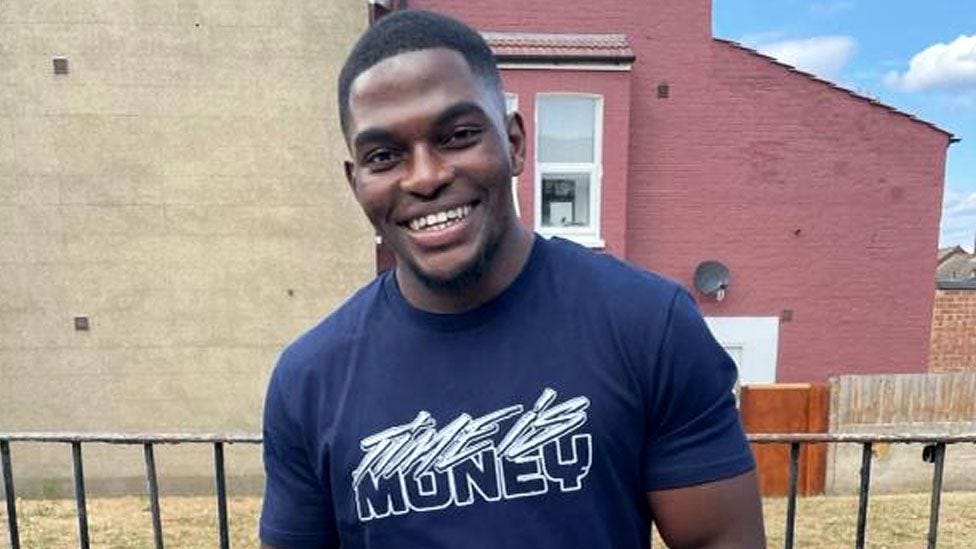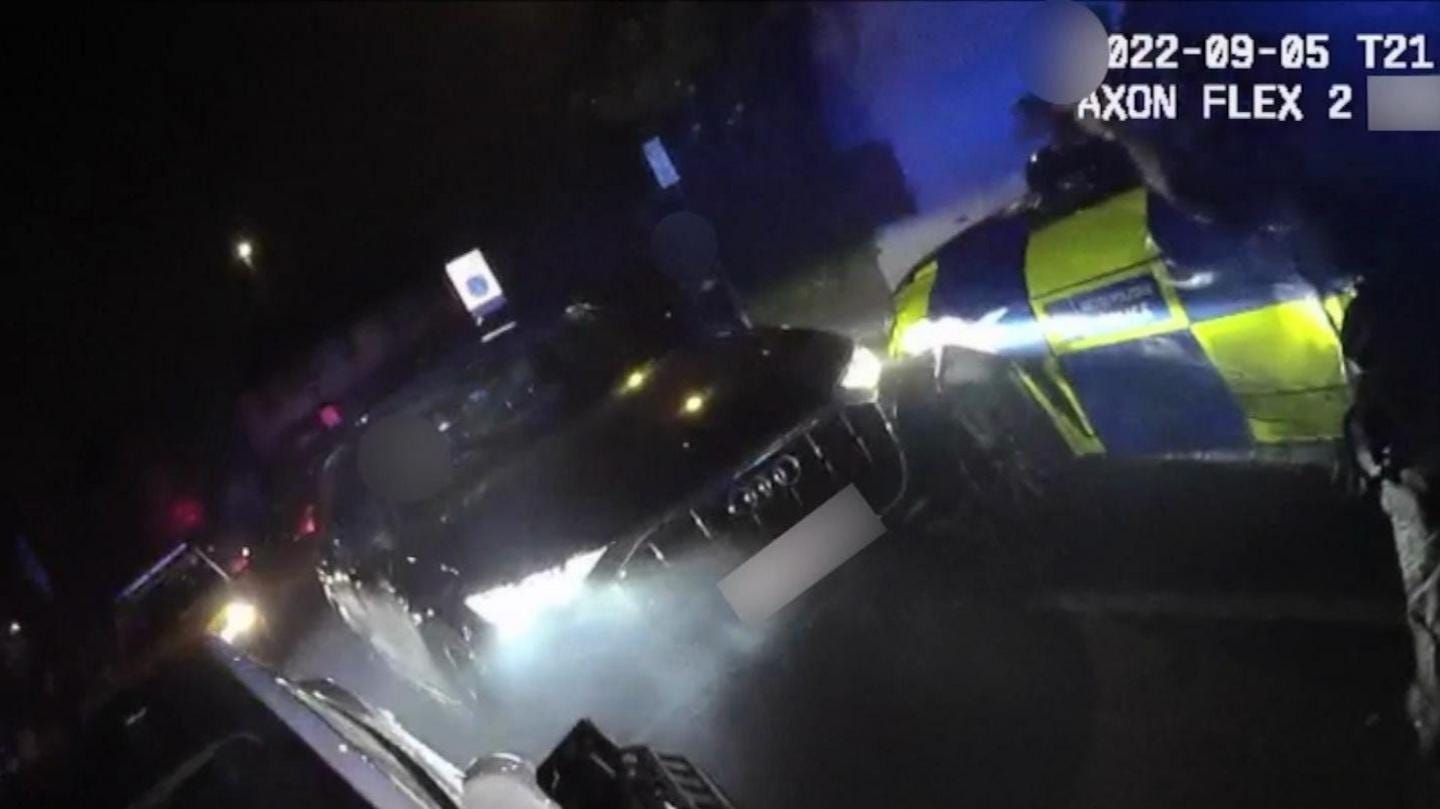Police fail the ethics test yet again
Another fatal shooting and they give us more mealy-mouthed justifications, writes George Pitcher
It’s probably axiomatic to say that some worrying ethical issues arise from the acquittal on a murder charge of police firearms officer Martyn Blake, who shot dead Chris Kaba two years ago. It might be a bit like observing that the bombing of Gaza for the past year has been morally troubling.
But it’s now not so much about the circumstances of the killing of Kaba and Blake’s innocence in the act of it that require further scrutiny. It’s what senior police figures have said about it since.
Troublesome remarks
The most troublesome remarks came from the Metropolitan Police’s deputy assistant commissioner Stuart Cundy, who thought we should know more about “Mr Kaba’s character”. To this end, we’re told that Kaba was a “core member” of a criminal gang and had shot and wounded a rival gangster twice, in a nightclub and outside it, just six days before his own violent end.
Then there has been widespread use of the “split-second decision” justification for Kaba’s shooting. It goes well beyond sympathy for armed police operating in highly stressful and violent situations to outright admiration for them. Tory party leadership hopeful Robert Jenrick was quick to call Sgt Blake a “hero” and that title has been widely adopted by Met-sympathetic media.
Immunity
All of this has fuelled a commentary blaze that Blake should never have been brought to trial in open court and even that armed police should enjoy some form of immunity from prosecution.
In so far as Blake was tried and acquitted of murder, I agree wholeheartedly that this is a judicial sufficiency. But hang on a minute. Are we really asked to accept the implicit proposition from Cundy that the death of Kaba is in some way more acceptable because he was, in police parlance, low life?
Cundy says that the release of Kaba’s criminal background was to defuse the possibility of violent protest at Blake’s acquittal of his murder. But I suggest that amounts to the same casual attitude to Kaba’s “character”. Potential protesters – and the rest of us – are expected to downgrade any righteous outrage: Yeah, he was a violent yob, so he had it coming.
Inadmissible
And anyway, it was precisely Kaba’s background that the judge in the case ruled was inadmissible in Blake’s murder defence. Blake didn’t know he was aiming at Kaba when he pulled the trigger. So how come it’s suddenly relevant for the police to reveal he was a violent hood, other than to express the ethically dubious view that he deserved what he got?
As for the “split-second” stuff, we can’t be assumed to accept that, because being an armed police officer is a tough job, shooting unarmed people dead is an easy and excusable mistake to make. Split-second decisions are what these officers are trained for and what we expect of them. They must, consequently, be held accountable for those decisions.
Instantaneous death sentence
Their actions could more tellingly be called split-second judgments, because they’re delivering an instantaneous death sentence – even if, as in Blake’s case, that was not their intention. Call me old-fashioned, but capital sentences haven’t been available in law since 1965 and if the police perform what looks like a summary execution that should be thoroughly tested in court (as it was in this case).
A Christian ethic has historically depended on deontology (an absolute and divine idea of right and wrong) and virtue ethics (human character). I’d make a case for including consequentialist ethics, the idea that the value of an action depends on the consequences it has (so quite close to utilitarianism).
“Morality of intentions”
I used to much enjoy a liquid lunch with the consequentialist philosophy professor Ted Honderich, who died earlier this month. He was no fan of Tony Blair’s violent escapade with the US in Iraq in 2003. “Blair is always asking to be judged by the morality of his intentions,” he told the Guardian. “He doesn’t understand that no one cares about his [expletive deleted] morality. We judge him on the consequences of his actions.”
A similar principle, in my view, should be applied to the Met police. I’ve sat at an editorial conference table at the Daily Telegraph where the armed officers who pursued Jean Charles de Menezes onto the London Underground in 2005 and shot him dead were unanimously described (bar me) as “heroes”.
Entirely negated
De Menezes was entirely innocent of the terrorist crimes in London of the previous day. So, to follow Honderich, the consequences of the police shooting him dead entirely negated any virtue in their character, if you will.
As it happens, the commander of that operation was one Cressida Dick, who went on to be Met police commissioner. That turned out not so well. The base problem here is the Met’s continuing sense of entitlement that leads it to demonise the dead, whose deaths they have caused.
Yes, of course I want the Met bravely to defend the capital’s citizens. But I humbly suggest those citizens don’t want good cowboys who shoot bad guys and then seek to legitimise it so unethically after the event.
George Pitcher is a visiting fellow at the LSE and an Anglican priest




